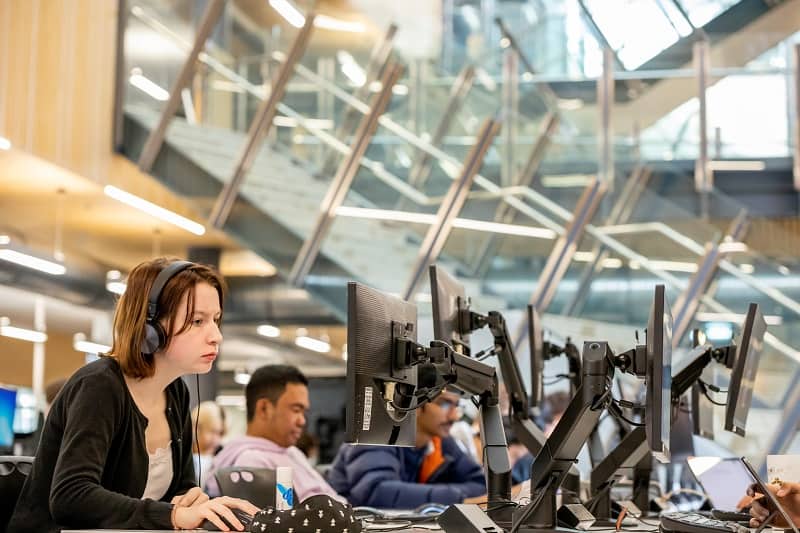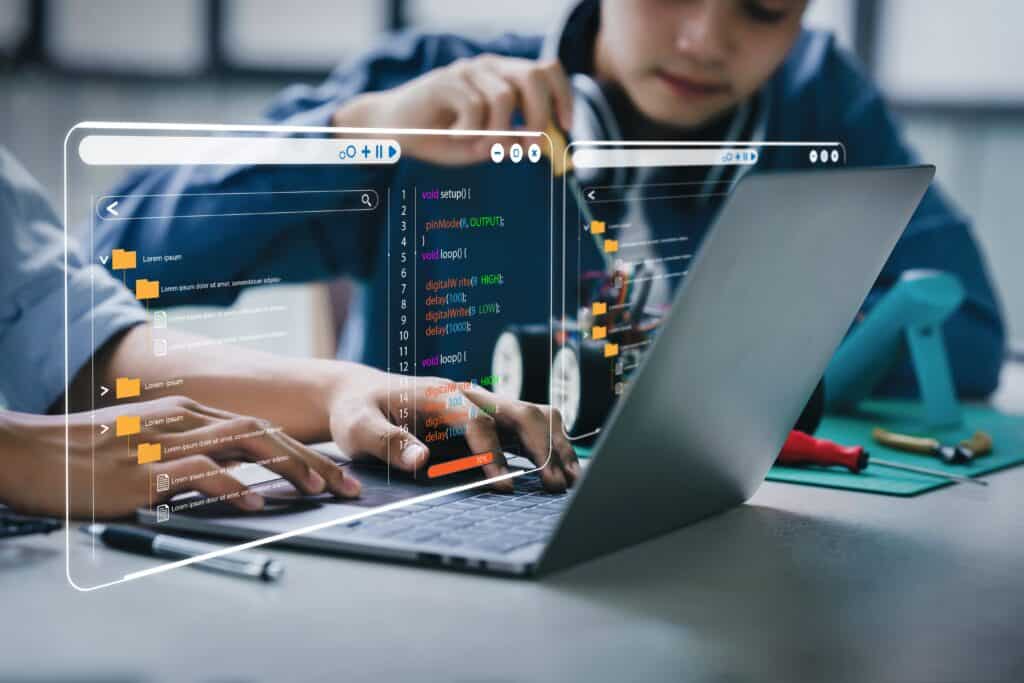theteam@theeducationhub.org.nz
Postal Address
The Education Hub
110 Carlton Gore Road,
Newmarket,
Auckland 1023
Technology can support student learning, however, pedagogy rather than the technology itself should shape and drive teaching and learning.

A guide to the latest developments in artificial intelligence and what they mean for teaching and learning.

An overview of the research on the role of digital technology in education.

What the research says about using digital devices to teach reading, writing and maths.

Coming in February 2026
This webinar with Westlake Girls’ High School’s Futures Education and AI Lead Susana Tomaz explores what AI literacy looks like in practice, why it’s essential for students’ futures, and the risks of ignoring it. It will also look at how schools around the world are responding, discuss what we can learn from their approaches, and share insights from the work of Day of AI Aotearoa | New Zealand.

Julie Cullen of Sensible Screen Use will share insights from a recently published review on the impacts of digital technologies on the health and wellbeing of children and adolescents

Hema Sridhar discusses the opportunities and risks of working with emergent AI technologies in schools and classrooms

This webinar explores trends, issues, and possibilities related to the role of technology in education, with particular focus on the continuing digital inequalities that exist and the social and educational implications of these disparities.

Dr Sarah Bickerton and Mandy Henk break down in plain language what the recent developments in AI are, what they may mean for education, and importantly, what some strategies might be that teachers and schools can use to engage effectively with AI.

Learn how one primary school has structured their online and distance learning, including their approach to pedagogy, the curriculum, and wellbeing, as well as their daily schedule and use of technology

Key insights from a webinar with Julie Cullen from Sensible Screen Use.

Key insights from a webinar with Hema Sridhar from Koi Tū: The Centre for Informed Futures.

Insights from the webinar with Professor Rebecca Eynon.

Insights from the webinar with Mandy Henk and Sarah Bickerton on generative AI and its role in the classroom.

The importance of schools developing a critical stance towards educational technology